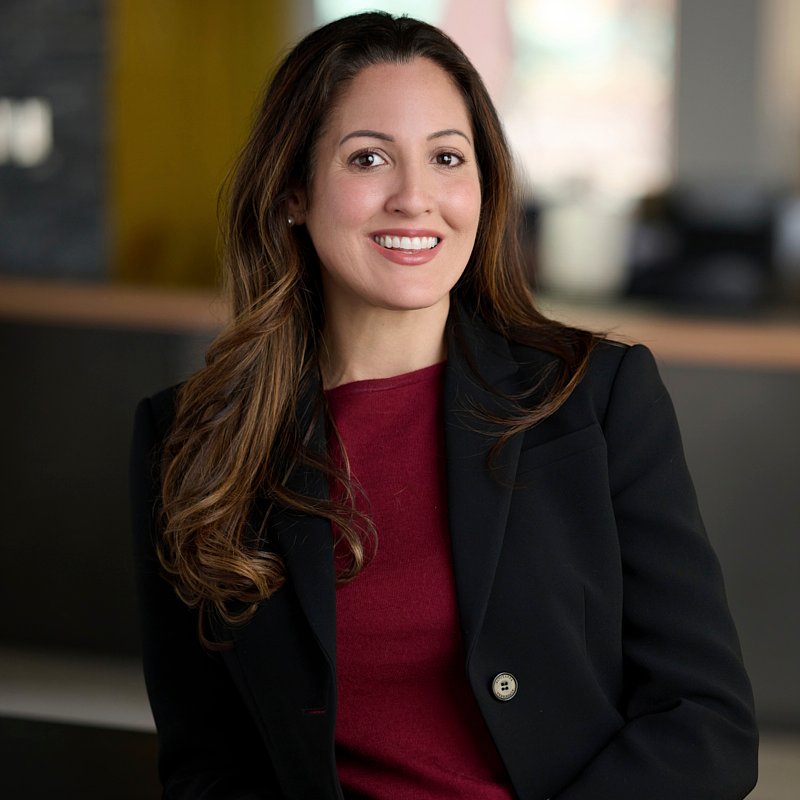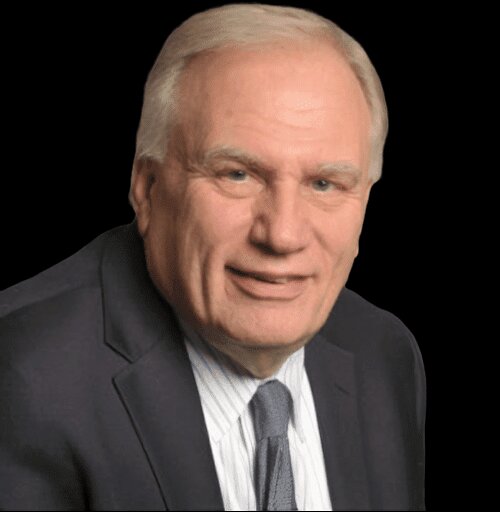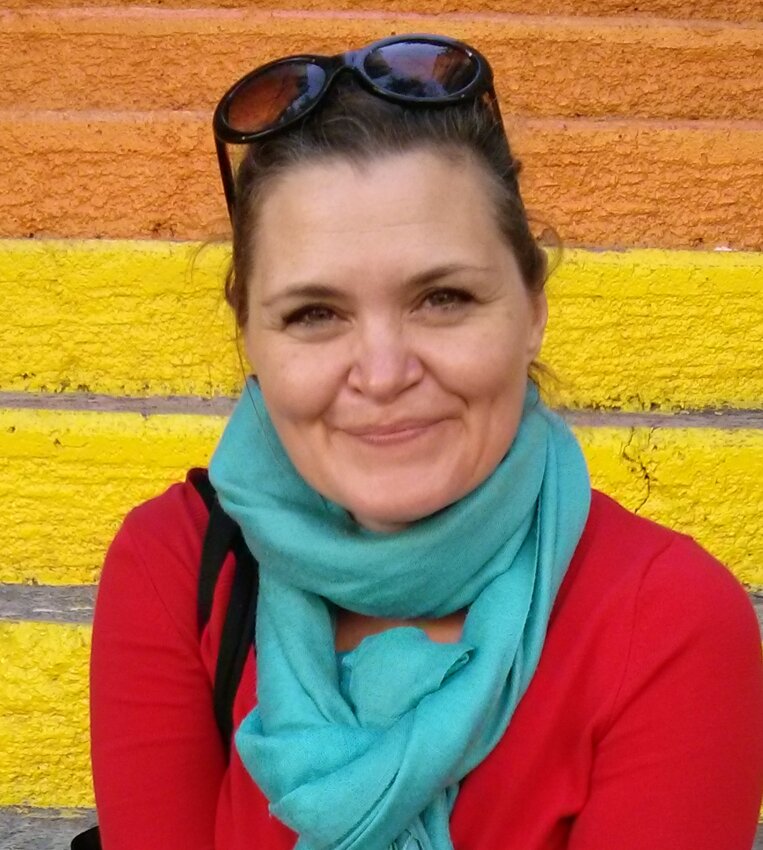
The dust has yet to settle after last month’s surprising deal between Google and California lawmakers, sidestepping two major legislative efforts to force tech giants to pay local newsrooms for their content. The closed-door agreement, brokered at the eleventh hour, has drawn both praise and harsh criticism.
E&P spoke with industry leaders who were a part of drafting the language of the sidelined bills and who were aware of the negotiations launched by Governor Gavin Newsom and Assembly Member Buffy Hicks with Google.
While many of California’s local news leaders and advocates have called this first-of-its-kind deal a step forward — just as many say it falls well short of the need and expectations. They also say a divide among news leaders regarding the two bills likely weakened the industry’s positioning against the powerful tech giant.

“It divided us. It divided the industry. And it's never good when the industry is divided,” explained Danielle Coffey, president and CEO of the News/Media Alliance (NMA), one of the nation’s oldest publishing associations. NMA has been fighting to get tech platforms like Google, Meta and others to compensate news organizations for using their content and earning hundreds of billions of dollars in advertising revenue, including helping to formulate some of the legislation in California and promoting federal-level legislation.
Two competing bills in California complicated the situation. AB 886, introduced by Assemblywoman Buffy Wicks in 2022, was joined by SB 1327, introduced by Senator Steven Glazer in 2023. While AB 886 aimed to charge tech platforms a usage fee for news content, Glazer's bill proposed a direct tax on tech companies. Each was estimated to bring around $250-500 million annually in funds from tech platforms for California's newsrooms.
Ultimately, the private-public deal amounts to about $250 million over five years in a mix of Google and taxpayer funds, with $78 million going toward something no newsroom asked for: an AI accelerator program.
Under the terms of the agreement, Google will contribute $45 million in wholly new funding to be allocated to California's local newsrooms over five years. It’s coupled with continuing support through its existing Google News Initiative and Showcase programs.

“This isn’t at all where I’d hoped we'd end up,” Charles Champion, president of the California News Publishers Association (CNPA), told E&P. The CNPA represents more than 700 news organizations in the state. “That said, it’s a start. And there’s still more to be worked out to finalize the details of the agreement. I’m hopeful that there’s more that can be done. But as it stands, it really won’t meet the need.”
Champion said he sees Wicks as a firm advocate for newsrooms, “Buffy has been a big supporter of California journalism for many years. She drank the Kool-Aid on journalism. I think she got the best deal she could.
“But I know some of our publishers aren’t happy that this includes taxpayer funds. And some won’t take any money, even if they could use it because they see it as violating their principles of an independent media,” Champion added.
According to those who were in on the legislation’s development, the existence of two bills allowed Google to sideline both efforts. Early on, California Governor Gavin Newsom said he would not approve any new taxes. In the weeks leading up to what could have been the final votes before an August recess deadline, Governor Newsom made it clear to legislators he wouldn’t sign them.
Instead, the governor encouraged Wicks to negotiate a settlement with Google rather than push her bill forward. Glazer’s office was left out of the negotiations despite having joined Wicks’ as a co-author of her bill.
“When Glazer’s bill showed up, it surprised some who had been working with Wicks on her bill. It did kind of divide us. But then some thought it might be good for leverage. We didn’t want a handout; we wanted something that compensated newsrooms for the tech platforms’ access to content. But the governor was firm that he wouldn't sign a tax. And then it was clear he wouldn’t sign either (bill),” explained Champion.
Coffey told E&P’s Mike Blinder in a podcast interview that she believed Assembly Member Wicks negotiated the best deal she could for California newsrooms based on the political situation in California.
Access recent E&P interview with Danielle Coffey of News/Media Alliance
“It demonstrated Google’s monopoly power. It’s why the federal government needs to step in,” said Coffey. She said NMA is focused on a federal bipartisan bill, the Journalism Protection and Conservation Act (JCPA), to address the imbalance in the digital advertising market, where she said tech giants benefit significantly from news content without adequately compensating the creators.
What’s in and who’s out
While many details of the deal are still unknown, Wicks’ announcement indicated some of the details from her bill would be a framework for the agreement, receiving some praise from supportive newsrooms. Industry groups have estimated the new funding for California newsrooms to be between $5,000 and $8,000 per journalist. But it all depends on the final eligibility rules and how many apply.
As outlined now, the program would be administered by the University of California at Berkeley. It would have a panel consisting of representatives from the California News Publishers Association (CNPA), Ethnic Media Services, Local Independent Online News (LION), Latino Media Collaborative, California Black Media and the Media Guild of the West. There is also supposed to be 12% carved out specifically for smaller newsrooms (5 journalists or less) that report on underserved communities. All organizations named to join the panel have given initial approval to the deal, with some acknowledging the funds are too small to fully solve the challenges facing local news in the state.
Those who will likely be left out are local television and radio newsrooms, and it remains unclear if larger, corporate or hedge-fund-run newsrooms will be allowed to access funds when all is said and done.
As the California legislature wrapped up its work for the year on August 31, the full details of the agreement had yet to be worked out, and the appropriations or the public funds proposed in the deal were not allocated.
Those funds would likely not come up for consideration and vote by the legislature until the 2025 session. Champion pointed out to E&P that there would be a new crop of legislators based on the November elections by then.
“I don't want to come across as completely negative. This is the first time in the United States we’ve been able to get them (Google) to do anything beyond their own controlled programs,” said Champion. “So, it’s a start. As Buffy Wicks said, ‘Politics is about the possible.’ In this environment, with this governor, in these circumstances, this is what was possible. I think potentially more is available in other states with different dynamics.”
It currently remains a deal in flux. So, news organizations and advocates are jostling to be heard between now and the new legislative cycle.
The Media Guild West supported both bills and called the private-public agreement a “backroom deal” and a shakedown. Its leader, Matt Pearce, said they were not invited into the negotiations. The Guild issued a statement at the end of the legislative session saying: “California hasn’t appropriated the public funds necessary to actualize a public-private partnership with Google, which was sketched out behind closed doors after the monopoly strong-armed California’s elected leaders and publishers. Given that legislative reality, we are skeptical about the viability of a draft framework that isn’t supported in its current form by a single organization representing California’s journalists and news workers.”
Other national-level organizations said they thought the deal could have been better. The National Association of Hispanic Journalists (NABJ) said, in their view, the bill wouldn’t address the needs of California Latinos. They were joined by the Asian American Journalist Association (AAJA), which said the negotiated deal failed to bring journalists directly into the negotiations to hold Google and other tech companies accountable for using newsroom content.
What’s next?
As Wicks’ and Glazer’s bills progressed, many said California might be a template for other states to find ways to support local news by using legislation to force the big tech platforms to pay compensation for using or accessing content from California’s newsrooms.
Danielle Coffey of the News/Media Alliance is focused on federal action. She pointed to a recent ruling by a federal judge that Google violated antitrust laws and believes that adds to the news industry's argument. “They have been deemed a monopoly already and are generating tremendous revenue from our content. That has to stop.”
There is another pending antitrust lawsuit against Google for its advertising practices in Virginia.
Coffey pointed out that, as it stands now, even if the government moves to penalize Google financially in either of these cases, that money wouldn't be available to publishers. It would be considered a government penalty unless lawmakers step in.
NMA’s main focus nationally is the bipartisan Journalism Protection and Conservation Act (JCPA), a bill sponsored by Minnesota Senator Amy Klobuchar in 2017. In September, Coffey and her team are assembling 120 local news publishers to visit D.C. to call on members of Congress to pass the legislation. She said the leverage Google showed in forcing a deal in California should show lawmakers they need to help balance the scales.
“We have a lot of allies here in Washington D.C. who have all refocused and turned to the government, calling on them and their leadership for the leverage needed to extract fair market value in return for our content,” said Coffey.
Champion said if there is a lesson from California for publishers, it’s to stick together and present a united front when trying to take on big tech or other legislative efforts.
“Google was successful, in my opinion, in dividing us and allowing the governor’s office to say, ‘My god, you guys don’t even know what the hell you want. You want taxes, or you want an arbitration.’ Once you’re divided, it’s a real problem. And that’s the advice I would give any other organization looking to do anything like this. Stay united and speak with one voice, because if you get divided, Google wins, and you los
 Diane Sylvester is an award-winning 30-year multimedia news veteran. She works as a reporter, editor, and newsroom strategist. She can be reached at diane.povcreative@gmail.com.
Diane Sylvester is an award-winning 30-year multimedia news veteran. She works as a reporter, editor, and newsroom strategist. She can be reached at diane.povcreative@gmail.com.
Comments
No comments on this item Please log in to comment by clicking here